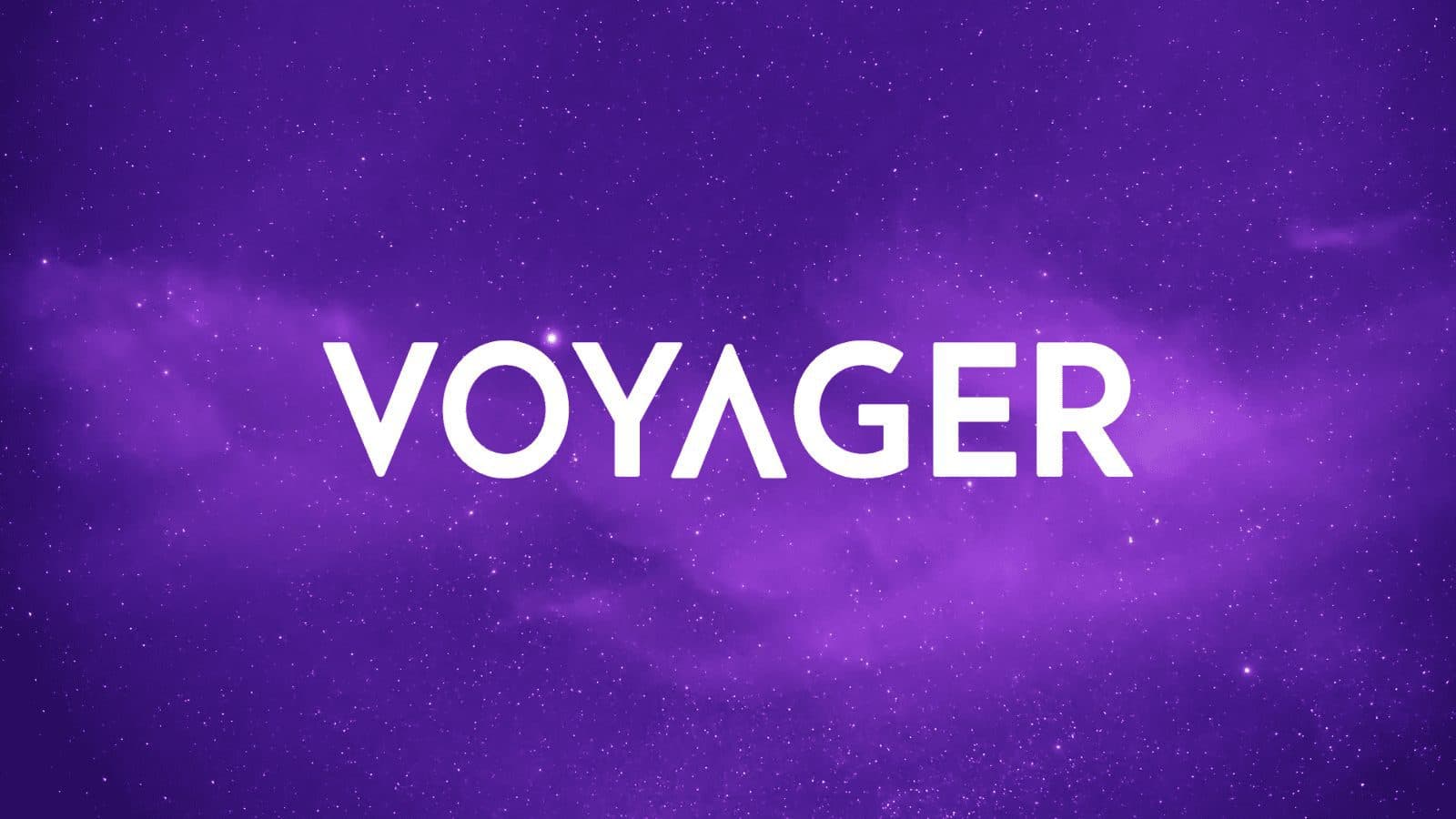Updated Lawsuit Alleges Voyager Digital Sold Unregistered Crypto Securities
New complaint details crypto company’s alleged selling of unregistered securities through its interest-earning accounts

Source: Shutterstock and Voyager Digital
- Class action attorney Adam Moskowitz says he hopes the court resolves Voyager’s “continued attempts to simply walk away from our case”
- Original complaint filed in December alleged that the firm charged hidden fees and made false promises
Attorneys have made fresh allegations in a class action lawsuit against Voyager Digital, claiming the cryptocurrency company sold unregistered securities in the form of interest-earning crypto accounts.
The complaint, filed Thursday in a Miami federal court by lawyers Adam Moskowitz and Stuart Grossman, includes a report detailing why the Voyager Earn Program — allowing users to earn rewards on bitcoin, ether, USDC and other cryptoassets — should have been registered with the SEC.
The document also refutes Voyager’s claims that the Florida court does not have jurisdiction over the company, as the defendants of the class action complaint are vying for a jury trial.
Additionally, the document spotlights related actions taken by the SEC and state officials in the months after the original complaint was filed Dec. 24 on behalf of Florida resident Mark Cassidy.
Voyager competitor BlockFi said in February it would pay $100 million in fines to the SEC and state regulators over allegations it illegally offered a high-interest yield product.
Voyager CEO Stephen Ehrlich said during an earnings call that month that there are differences between Voyager’s Loyalty Program, which offers Voyager token holders rewards, and BlockFi interest accounts.
The company said in a March 30 statement it had received cease and desist orders from the state securities divisions of Indiana, Kentucky, New Jersey and Oklahoma relating to Voyager accounts that permit customers to earn rewards on their crypto balances.
“Voyager is in ongoing communications with these state regulators to better understand the terms in their respective regulatory orders and to clarify certain statements in the orders that Voyager believes are inaccurate,” the company said.
The original December complaint focused on allegations that Voyager charged hidden fees and made false promises to platform users. It claims that the firm’s bid-ask spread — the difference between the highest bid a buyer is willing to offer and the lowest bid a seller is willing to accept — “is kept intentionally wide.”
Cassidy’s lawyers said in January that litigation could result in more than $1 billion in compensation for Voyager users.
“This action is absolutely spurious and without any merit, whatsoever,” a Voyager spokesperson said in an email at the time. “We look forward to dealing with this matter through the appropriate legal channels.”
According to the amended complaint, Voyager previously claimed that the Florida court does not have jurisdiction over the company. But Voyager, listed on the Toronto Stock Exchange, sells its stock over-the-counter in the United States, including Florida, the document states. Thousands of the interest-earning crypto accounts are based in Florida, it adds.
Voyager also claimed they should not have to respond to the original complaint because Cassidy signed an “arbitration agreement,” Moskowitz told Blockworks.
The complaint notes that Janice Barrilleaux, Voyager’s chief administrative officer, called the January 2021 version of the company’s user agreement — the one Cassidy had agreed to — “grossly outdated.” David Brosgol, Voyager’s general counsel, later suggested “a significant overhaul” of the agreement, the document notes.
“We hope that after the court resolves Voyager’s continued attempts to simply walk away from our case, we can quickly seek certification for all of Voyager’s customers that all have the same rewards accounts, and finally require Voyager to comply with the state and federal rules,” Moskowitz said.
A Voyager spokesperson did not return a request for comment.
The company reported completing roughly 36 million consumer crypto transactions and reaching $5.5 billion in net new retail deposits since inception, as of March 31. Voyager’s next earnings call is slated for May 16.
Get the news in your inbox. Explore Blockworks newsletters:
- The Breakdown: Decoding crypto and the markets. Daily.
- 0xResearch: Alpha in your inbox. Think like an analyst.






